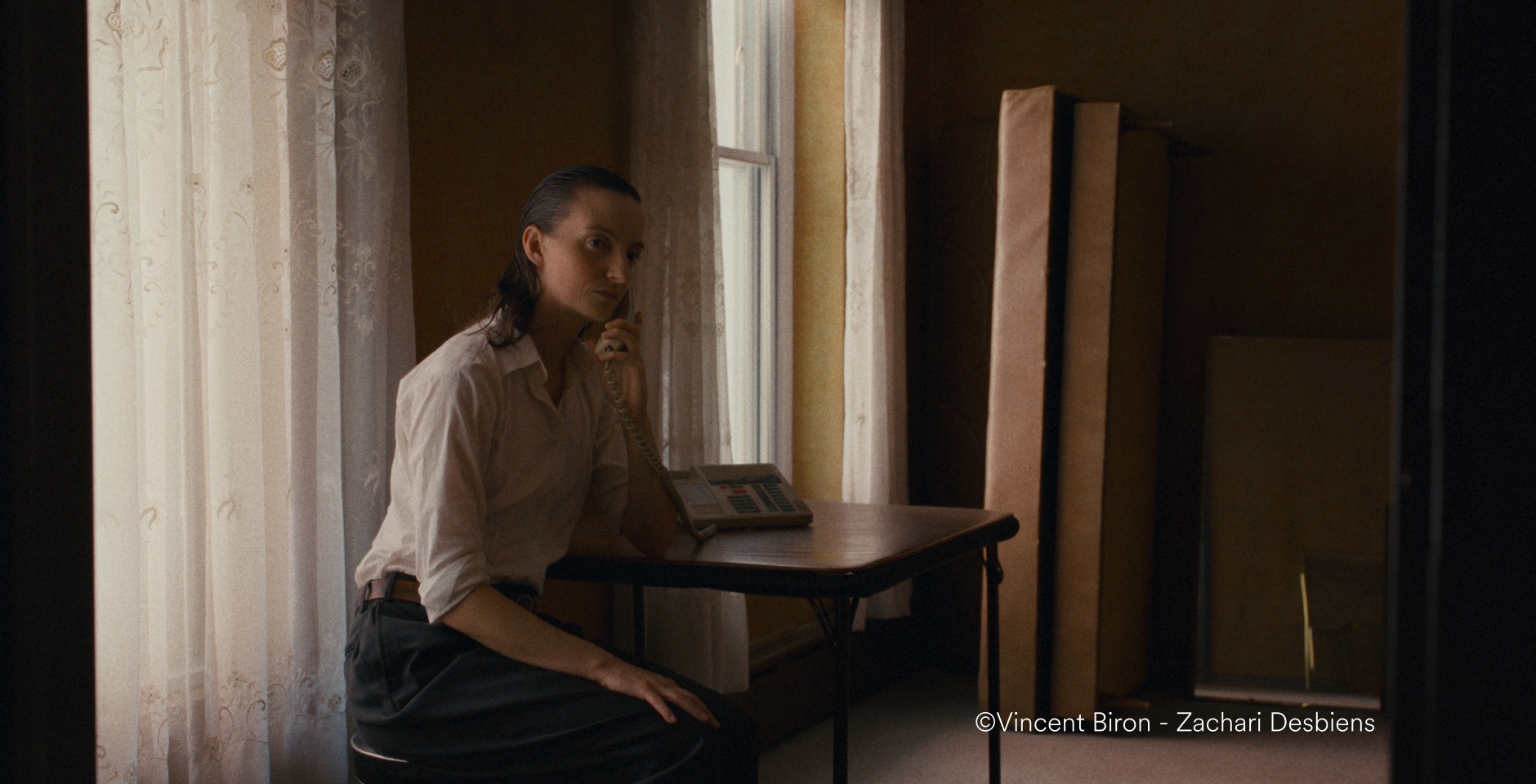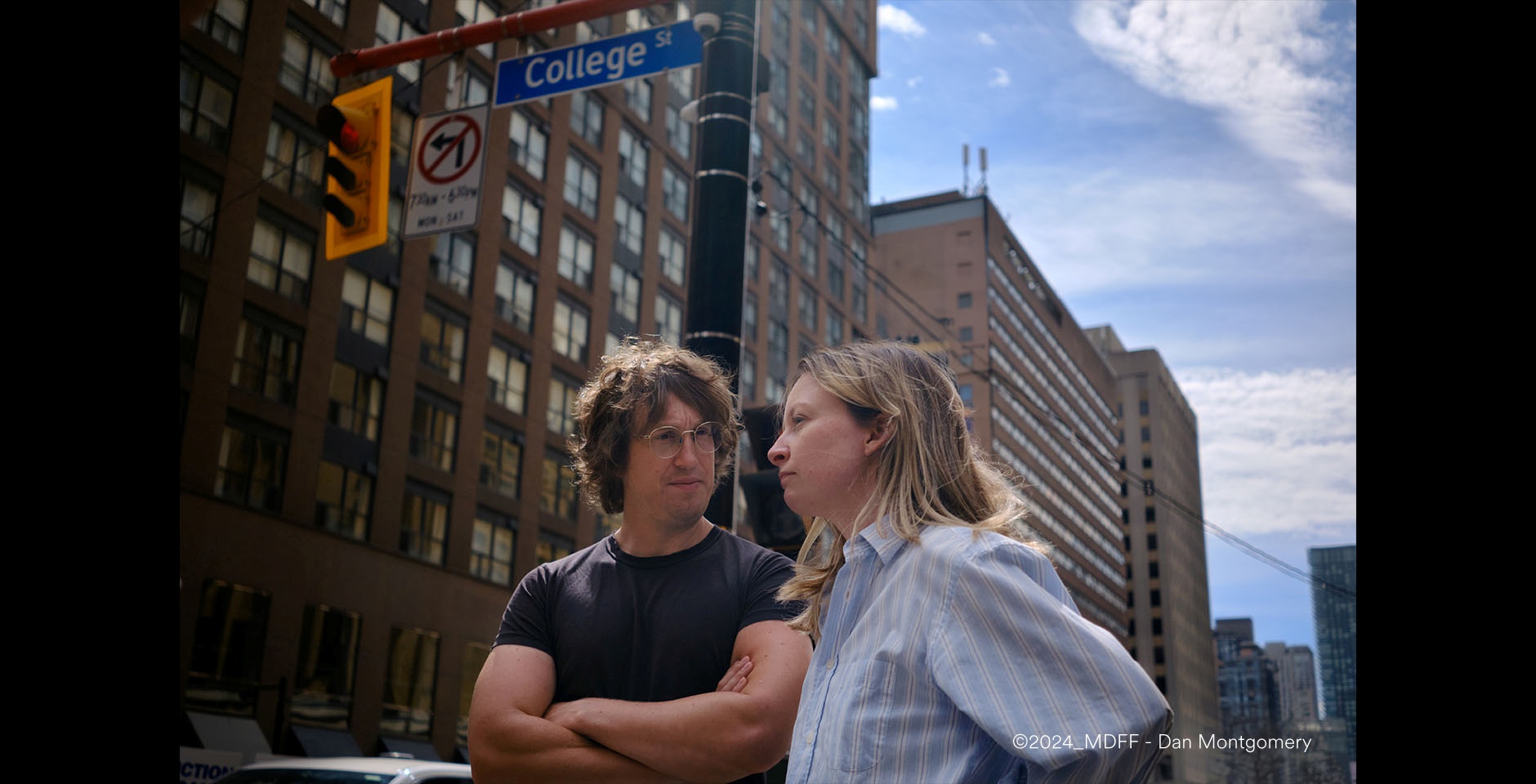Are we allowed to film private moments? Even if we assume so, how can we do so? Suppose someone does not have freedom at all. In such a case, can we still access her private life? Malqueridas tells us what happens in prison by reconstructing videos secretly shot with cellphones by inmates in a women's prison. Of course, officially, they are not allowed to possess cell phones. The filmmaker watches the prison and the women's world from a distance but also has room to watch them with loving eyes. This film is unique because it shows how motherhood works when mothers are inmates. Nobody locked in prison chose to relocate to the prison. They cannot decide how long they will stay there. In such a place, they find mothers as someone who will continue to sympathize—sharing sorrow, pain, joy, and love; someone they can trust and live together, like a family. The director made a film that answers the abovementioned questions, uncovering the inmates' intimate lives. She did not only make a film but also got a voice to talk about the inmates' rights. The film won the Critics' Week Grand Prize at the Venice International Film Festival. (Sung MOON)

























